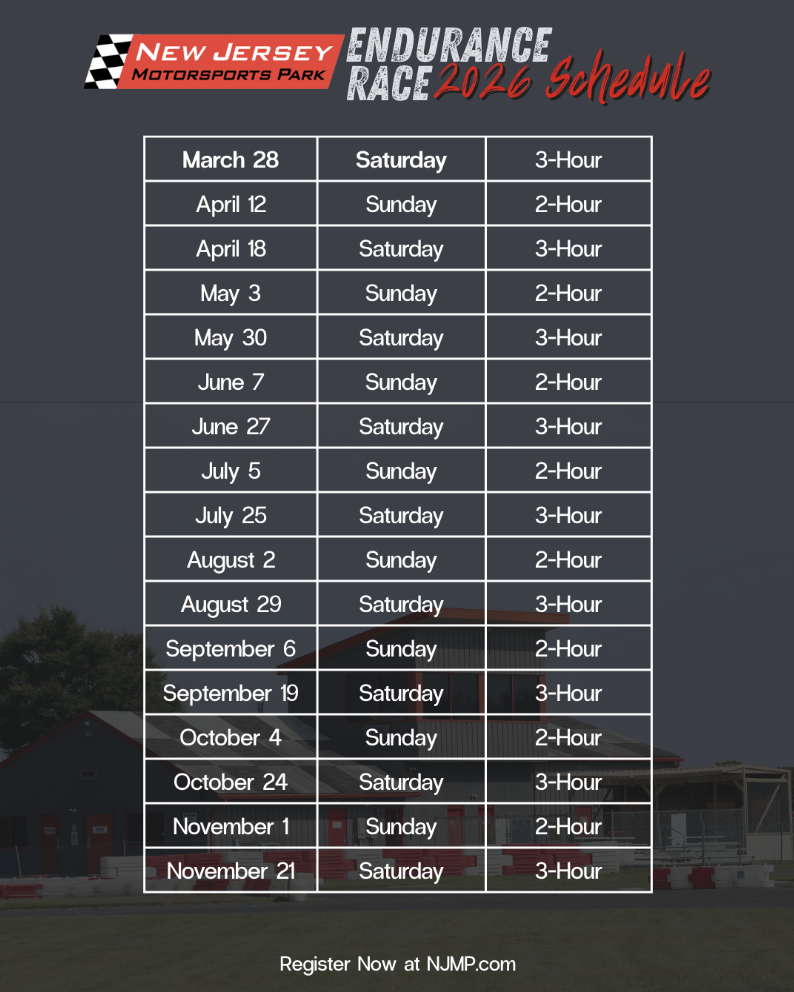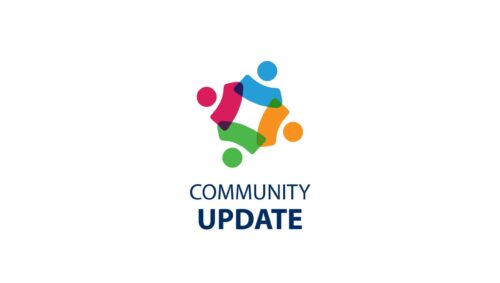HEALTH CHECK: Memory, Forgetfulness, and Aging: What’s Normal and What’s Not?

Are you forgetting where you put your car keys? Can’t remember the name of an old friend you ran into at the supermarket? Is a memory lapse a sign a dementia or a normal part of aging?
It is normal to forget things occasionally as we age, but serious memory problems make it hard to do everyday things like driving, using the phone, and finding your way home.
“If you lose your keys, there is probably nothing to worry about. If you forget what keys do, then it is time to get checked out,” advises Sheila Lill, APN, director of palliative care at Angelic Health. Lill holds Evergreen Certified Dementia Care Specialist (ECDCS) certification.
Mild cognitive impairment: Some older adults have a condition called mild cognitive impairment ( MCI), meaning they have more memory or other thinking problems than other people their age. People with MCI can usually take care of themselves and do their normal activities. MCI may be an early sign of Alzheimer’s disease, but not everyone with MCI will develop Alzheimer’s.
Signs of MCI include:
- Losing things often
- Forgetting to go to important events or appointments.
- Getting lost in familiar places
- Having more trouble coming up with desired words than other people of the same age
Dementia and aging: “Dementia is not a normal part of aging,” explains Lill. “Loss of cognitive functioning—thinking, remembering, learning, and reasoning—and behavioral abilities to the extent that it interferes with a person’s quality of life and activities would be signs that you or your loved one should be evaluated by a healthcare professional.”
In addition to memory loss, other signs of a cognitive issue include problems with language skills, visual perception, or paying attention. Some people have personality changes. While there are different forms of dementia, Alzheimer’s disease is the most common form in people over age 65.
Help is available: Angelic Health Memory Care supports individuals living with dementia and those who care for them. This unique service is covered by Medicare and performed in the comfort of your home in person or via TeleHealth. A trained personal dementia coach and a nurse practitioner will assess your individual situation and provide a customized care plan with resources and education for your specific needs. Your certified dementia coach will contact you to complete a comprehensive assessment and identify areas of concern or stress. Based on the findings of the assessment, a nurse practitioner with the dementia team will create and review with you a customized plan of care.
Call 856-202-3919, or e-mail [email protected] for your professional assessment.











